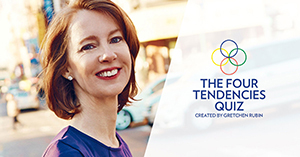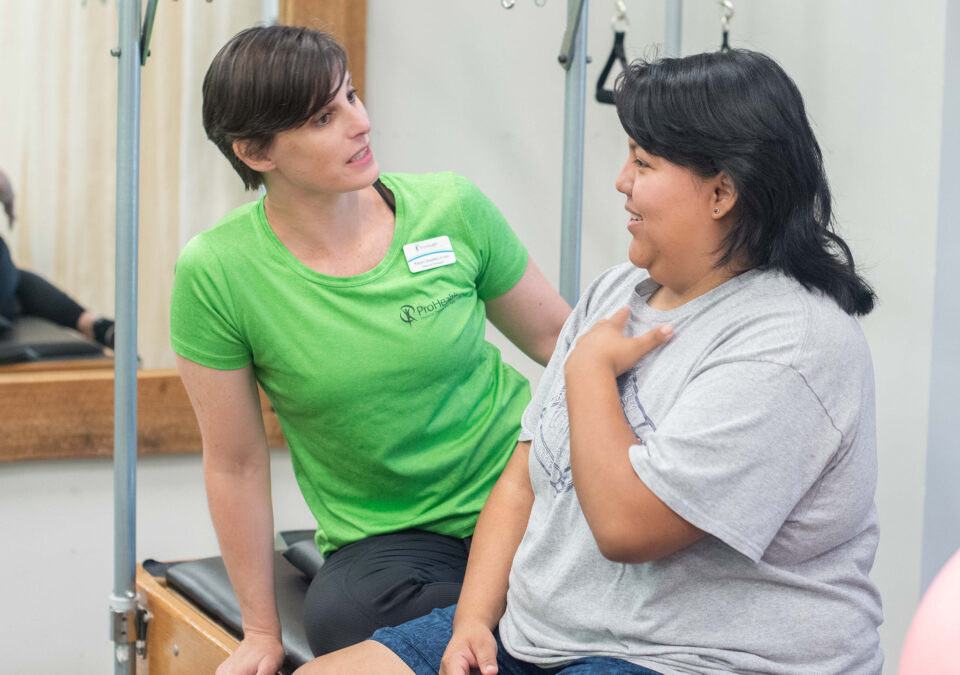- Mon - Fri
7.30 AM – 5.30 PM
Other hours upon request - 770-487-1931
Better Than Before

Yes, it’s 2021! And we are looking forward to the change this year brings. Some of us might have set intentions with the expectations of life “getting back to normal” in light of COVID and 2020. Even if you didn’t set any intentions, or if you’re not a New Year’s Resolution kind of person, we all hold some sort of unconscious expectation and connection to this time of the year and new beginnings.
New years mark a boundary in our lives, whether we like it or not. We have to start writing a new date; we flip over the pages in a calendar or even buy a new schedule book; we think about our birthdays, anniversaries, and taxes. This change can be used to our advantage, not just because it’s advertised as a time to make a resolution, but also because of the energy of 2020 in particular gave many of us time to reflect on our values and habits and investments of time, money, and energy.
If you’d like to and haven’t already, spend some time reflecting on this last year and what you may have noticed about yourself and your habits. Ask yourself, “What would I like to change, do, or not do because of this noticing?”
If you find yourself interested in change, as most of us do around this time of year, Gretchen Rubin authored a book called Better Than Before, What I Learned About Making and Breaking Habits—to Sleep More, Quit Sugar, Procrastinate Less, and Generally Build a Happier Life. In her book, she describes personalities and how to use those personality types to form new habits, quit old ones, and build a better self. The Four Tendencies (which is also the title of another book by Rubin)—Upholder, Obliger, Rebel, Questioner—give insight to how to attain goals and what strategies to use according to your personality. “We can build our habits only on the foundation of our own nature,” she writes.
Some of us know ourselves well enough to know how change affects us and how to implement new patterns or quit old ones, but some of us haven’t spent time thinking about it. If you are curious about your tendency according to Rubin, you can take the Four Tendencies Quiz on this site: https://quiz.gretchenrubin.com/
 | The Four Tendencies Quiz – The Four Tendencies Quiz The Four Tendencies Quiz One of the daily challenges of life is: “How do I get people—including myself—to do what I want?” The Four Tendencies framework makes this task much easier by revealing whether a person is an Upholder, Questioner, Obliger, or Rebel. quiz.gretchenrubin.com |
Regardless of whether you investigate your tendency (some of us don’t like to be labeled or put in a box—I understand), the following ideas might interest you as you start a new year and contemplate what you may like to see change in your own life. Let’s look at a couple of different strategies Gretchen Rubin highlights in her book Better Than Before.
Clean Slate
“The clean slate moment is easy to overlook … and too often we don’t recognize that some fresh start is triggering a habit change. Because we’re creatures of habit, the first marks on that slate often prove indelible. We should start the way we want to continue.”
New Year’s marks a clean slate on which we can wipe away an old habit or start a new one. “The strategy of the Clean Slate can help us launch a new habit with less effort.” The clean slate doesn’t have to be the New Year either—it can be a change of job, location, relationship, title, etc. Anything that provides an emotional, mental, orphysical switch or new setting, we can delineate as an opportunity to form a new habit or drop an old pattern.
Rewards
Sometimes we think of motivating ourselves to reach a goal or build a habit by giving ourselves a reward. Rubin explains how this is not the best approach to becoming better or building new habits, at least not in the way we usually think. The reward should be intrinsic to the habit rather than extrinsic—“We’re extrinsically motivated when we do an activity to get an external reward or to avoid an external punishment; we’re intrinsically motivated when we pursue an activity for its own sake. Drawing on intrinsic motivation makes us far more likely to stick to a behavior, and to find it satisfying.”
For example, the reward for working out is not eating pizza or cake; the reward is feeling better, moving better, and being better. Or the reward for quitting sugar is less acne and better health.
Rubin says studies show that outside rewards or extrinsic motivation does not help habits stay. What orients one toward keeping the habit for the habit’s sake is the change of thought around the habit. How are you thinking about the activity you would like to build or break? Is the building or breaking of it enough to motivate you to do the work? If so, that is your reward!
Treats
“Unlike a reward, which must be earned or justified,” Rubin explains, “a ‘treat’ is a small pleasure or indulgence that we give to ourselves just because we want it.”
This really is about self-care. This may be a hot topic, especially during 2020, but it is nonetheless valid. Think of it this way: how can you pour from your cup if it’s empty? Or, what treat could you give yourself that would recharge your batteries so you can keep going? It might be eating something you enjoy, writing in a new journal, subscribing to an app, listening to a podcast, reading a book, going for a walk, visiting a museum, talking with a friend, playing a game—something that gives you energy rather than depletes your energy.
We do better in maintaining habits if we keep up our energy and spirits. However, if we are depleted and not caring for ourselves, it is easier to break the habits or give into cravings. “When we give ourselves treats, we feel energized, cared for, and contented, which boosts our self-command—and self-command helps us maintain our healthy habits.”
Pairing
“In the Strategy of Pairing, I couple two activities, one that I need or want to do, and one that I don’t particularly want to do, to get myself to accomplish them both.”
For me, that might mean cycling on my trainer while I listen to something I like or watch a show. I may not particularly want to take the time to do cardio, but the motivation of a show or podcast works for me! Rubin mentions “commercial cleaning”: every time a commercial comes on, she does a household chore. Creating pairings accomplishes things in a more desirable way and creates better habits.
Why are habits so important, you may ask? Because by building our habits we conserve our self-control and spend less time resisting temptations or making choices. “People with better self-control (self-regulation, self-discipline, willpower) are happier and healthier,” according to Rubin’s and others’ research.
So how about it? Which idea might you try this year for building or breaking habits? And maybe pick up Rubin’s book if you’re interested in hearing more! Better Than Before contains several more strategies to build or break habits based on the four tendencies; it also includes many real-life examples from Rubin’s own experience, research, and community.
This past year was a hard one for most of us. Why not make 2021 a little easier on ourselves and try some strategies that will help improve our lives, thoughts, and patterns? Or like I said, if you’re not a New Year’s resolution kind of person, maybe just the clean slate of 2021 is good enough for you! Let go of the bad energy and thoughts about 2020 and look ahead with positivity into this new year! May you move, feel, and be better than before. Cheers!




